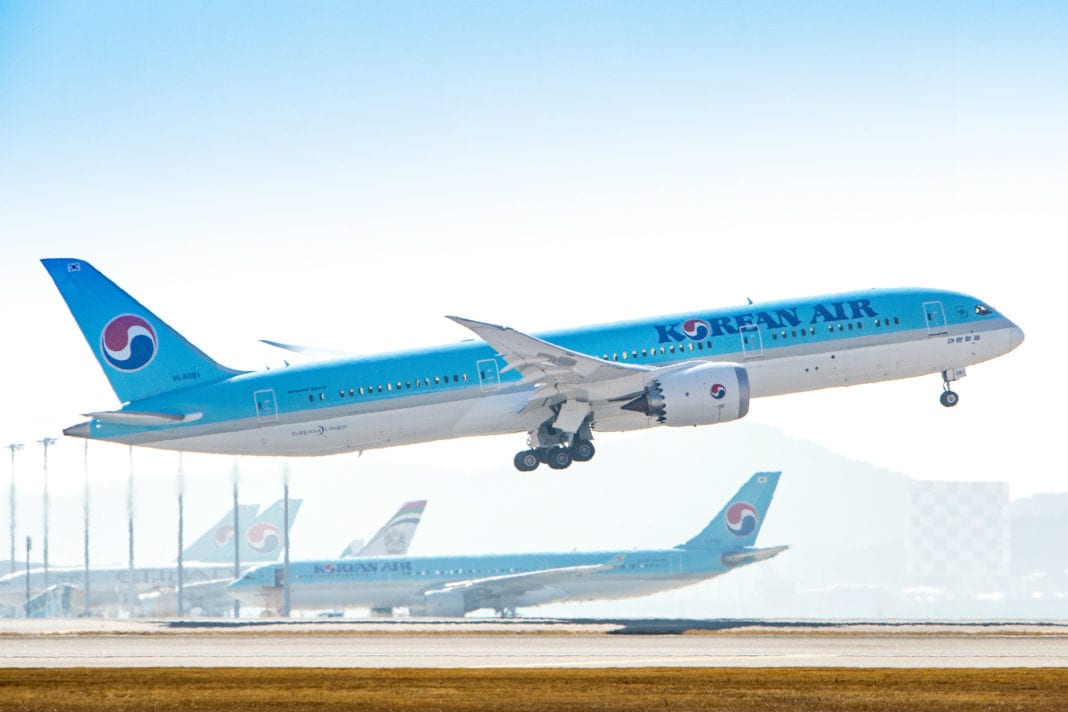Organizations concerned with escalating ivory poaching have called on the Mozambican government to halt rampant elephant poaching in its northern provinces. This follows an investigation by journalists Hongxiang Huang and Estacio Valoi published in Le Monde last week which suggests that blood money from ivory trafficking is being used to fund Frelimo and is fueling tensions in the run-up to the country’s elections in October next year.
Conservationists in northern Mozambique, where an average of three to four elephants are being poached a day, have implicated local authorities in the killing spree. Rangers say the weapons used include helicopters and heavy-caliber guns normally used by military forces. In Niassa National Reserve, where elephant numbers have dropped from more than 20,000 in 2009 to about 9,000 earlier this year, Frelimo was accused of using the proceeds of ivory sales to fund its 10th anniversary congress in nearby Pemba last year.
According to the report, rangers involved in anti-poaching patrols in Niassa, who did not want to be named for fear of losing their jobs, said they had noticed the use of helicopters in poaching activities in the lead-up to the Frelimo conference in September 2012. The rangers said they had been excluded from an area near the party’s district headquarters in Mecula, and their efforts to report the slaughter to police officials and border guards were fruitless.
António Frangoulis, a criminologist at Eduardo Mondlane University in Maputo and a former Frelimo member, told the journalists he had received reports from various sources claiming that local authorities were conniving in the poaching and that military weapons were being used. “We are talking about weapons normally used by the police and military forces,” he said. “We are talking about the involvement of official authorities.” Frangoulis was a member of parliament and head of the Mozambican police investigative division until he was sacked in 2009 for criticising Frelimo.
Alastair Nelson, director of the Wildlife Conservation Society in Mozambique, said the proceeds from ivory, which is smuggled via the nearby port of Pemba or across the border into Tanzania, were fueling corruption in northern Mozambique. Frelimo officials have refused to comment.
The Mozambican government is presently attending the IUCN Emergency Elephant summit in Gaborone, Botswana, aimed at obtaining concrete commitments from elephant range states to halt the illegal ivory trade in their countries
The Endangered Wildlife Trust, The Wilderness Foundation, OSCAP, The Lawrence Anthony Earth Organization, and The Conservation Action Trust…have called on the Mozambican government to stop the killing of elephants by ensuring that the Government, Frelimo or any individual Government officials are not implicated in the illegal ivory trade and to conduct a full investigation on the ongoing poaching and trade in ivory. We urge the Government of Mozambique to arrest, and prosecute those individuals and entities, including government officials, who are found to be involved, directly or indirectly, in poaching of elephants and trafficking and trade in illegal ivory, so that they are prevented from doing so any longer. Finally, we are extremely concerned that the laws in Mozambique do not impose meaningful criminal penalties for elephant poaching and illegal trade in ivory (which is still considered an administrative offence subject to mere fines as penalty) and we urge the Government to amend the relevant law to enable imposition of meaningful penalties including imprisonment.






















